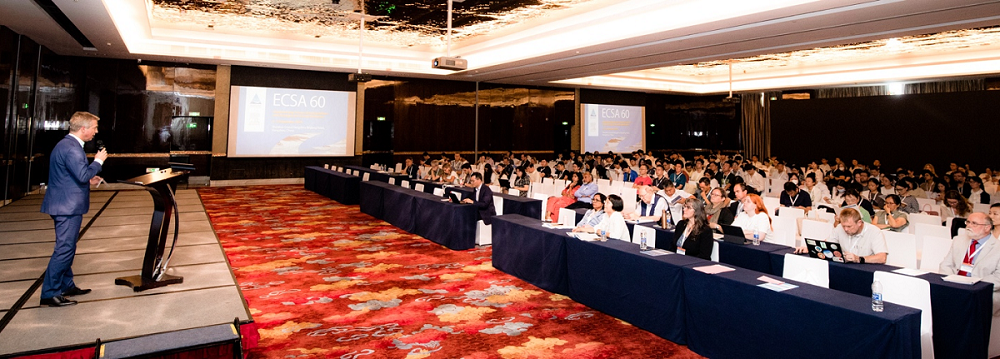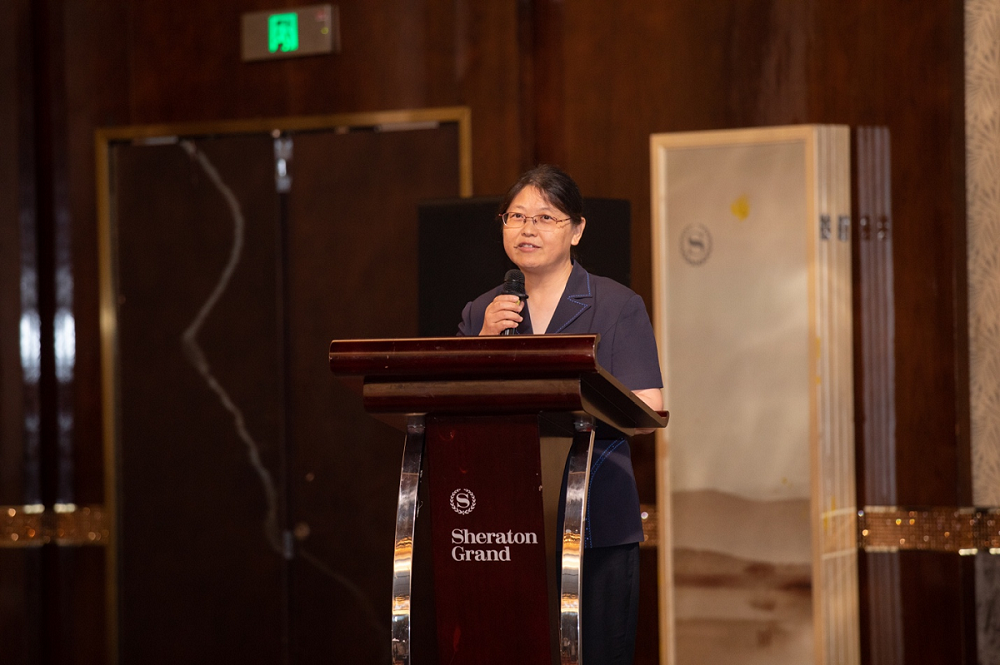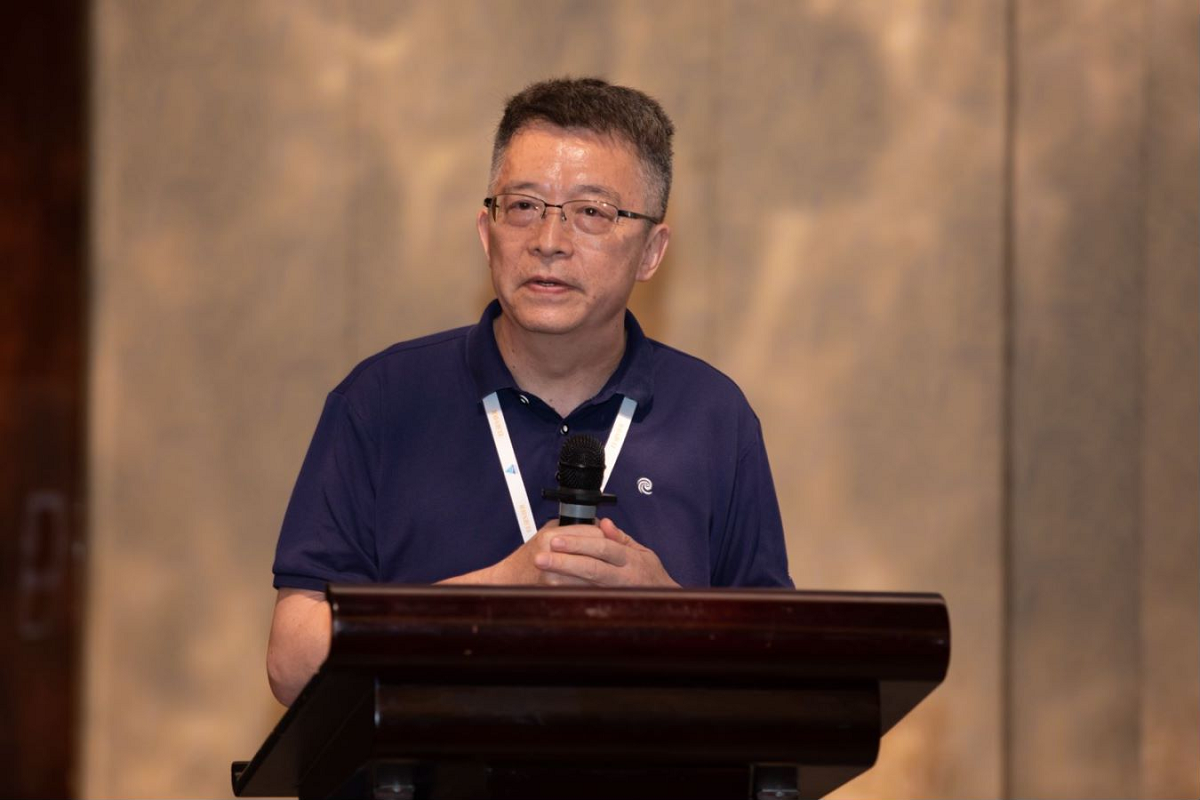News



From September 2 to 5, the 60th meeting of the Estuarine & Coastal Sciences Association (ECSA), hosted by the SIO, was held in Hangzhou. Over 350 experts and scholars from more than 20 countries and regions, including China, the United States, Canada, Germany, Italy and Australia, gathered in Hangzhou to conduct in-depth exchanges and discussions in such disciplines as physical oceanography, ecology, biogeochemistry and social sciences, focusing on the theme of “developing scientifically supported programs and countermeasures to enhance coastal disaster prevention methods and capabilities”.
The meeting was co-hosted by the State Key Laboratory of Satellite Ocean Environment Dynamics of the SIO (SOED) and Elsevier. Researcher Chen Jianfang, Deputy Director of the SIO and Director of SOED, and Professor Salom Vincent from the University of Kerala served as co-chairs. During the opening ceremony, Director Fang Yinxia delivered a welcome speech, expressing that the Second Institute of Oceanography (SIO) has been committed to the development of marine research and hoped to take this meeting as an opportunity to promote closer cooperation among the parties and jointly promote the development of marine research.
The four-day meeting featured five invited keynote reports. Chen Dake, Academician of the Chinese Academy of Sciences and Researcher of the SIO, introduced the conception and construction progress of the intelligent ocean monitoring and forecasting system for the Guangdong-Hong Kong-Macao Greater Bay Area. Dr. Sophia Johannessen from the Institute for Ocean Sciences of Canada explained why blue carbon cannot truly offset fossil fuel emissions. Associate Professor Richard Unsworth from Swansea University in the UK shared his latest research on the ecosystem service value of global seagrasses and their interrelationships. Jorge Barbosa from the Saudi Red Sea Authority proposed channeling the “Source-to-Sea” vision as a catalyst for achieving Sustainable Development Goals (SDGs). Researcher Chen Yining from the SIO analyzed the effects of natural and anthropogenic factors on high sedimentation coastal wetlands.
The meeting consisted of 17 special topics, comprising 184 oral presentations and 129 poster presentations. The issues reported covered tides, waves and storm surges in estuaries and coasts; the impact of extreme events on coastal systems; connectivity among estuaries, salt marshes, mangroves, seagrass beds and coral reefs; terrestrial carbon and nutrient inputs and their transformation in estuaries; sequestration and storage of blue carbon; source tracking and food chain accumulation of pollutants; observation and monitoring technologies and applications in estuaries and coasts; human-environment interaction and sustainable development in coastal zones, etc. 13 researchers from the SIO, including Wang Yuntao, Shi Lianqiang, Du Ping, Zhang Wenxia and Wang Bin, made oral reports at the meeting, and 21 posters were displayed and discussed on site.
During the meeting, SOED also hosted a side event for the Women Scientists Symposium project, aiming to provide a platform for female researchers to engage in international dialogue, learn skills and expand professional networks. Academician Wang Ying from Nanjing University delivered a keynote speech, sharing the main work carried out by her in marine science during her career. Female scientists from China, India, the UK, the Netherlands and other countries discussed how to expand professional networks and balance work and life.
The meeting of the Estuarine & Coastal Sciences Association is a series of academic conferences initiated by the Estuarine & Coastal Sciences Association, held at least once a year. Since 1971, it has been successfully held for 60 times worldwide, with increasing international influence. This meeting delved into key issues and countermeasures for enhancing coastal resilience and management capabilities, promoted scientific cooperation in the marine field, deepened knowledge exchange between natural and social sciences, and enhanced the ability to develop practical solutions. The meeting also provided a unique platform for researchers, practitioners in related fields, policymakers and stakeholders to jointly address challenges of global coastal areas.



